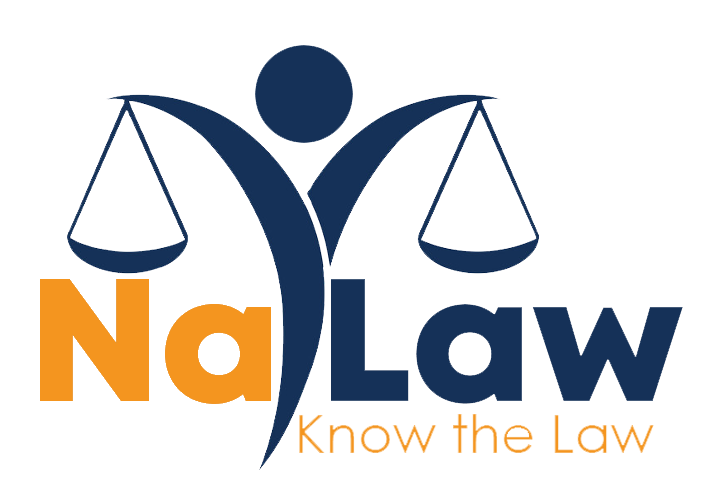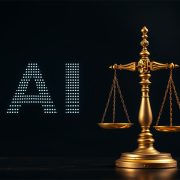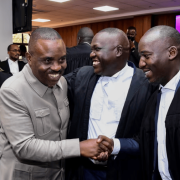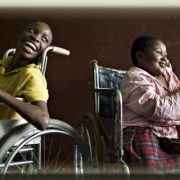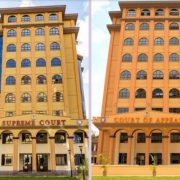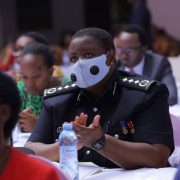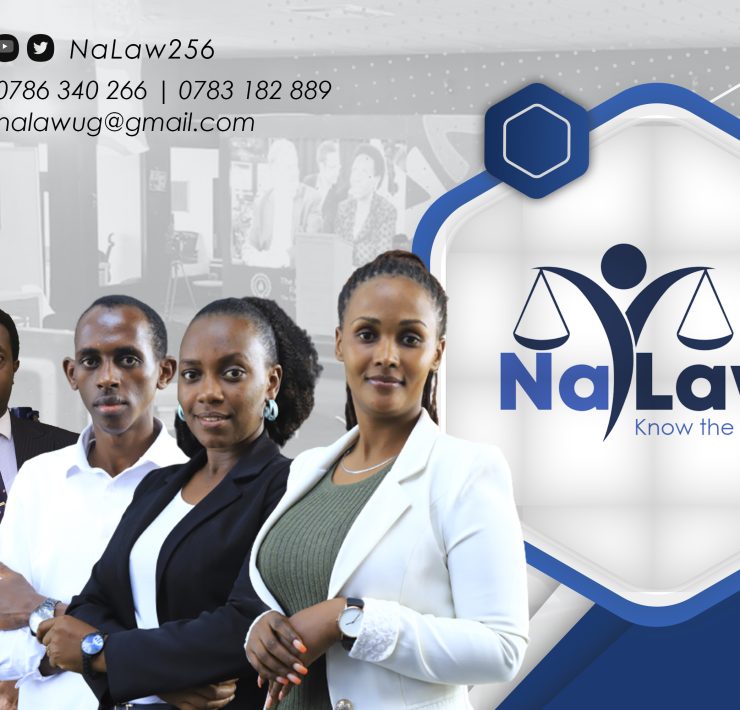Understanding Article 3 Of The Ugandan Constitution
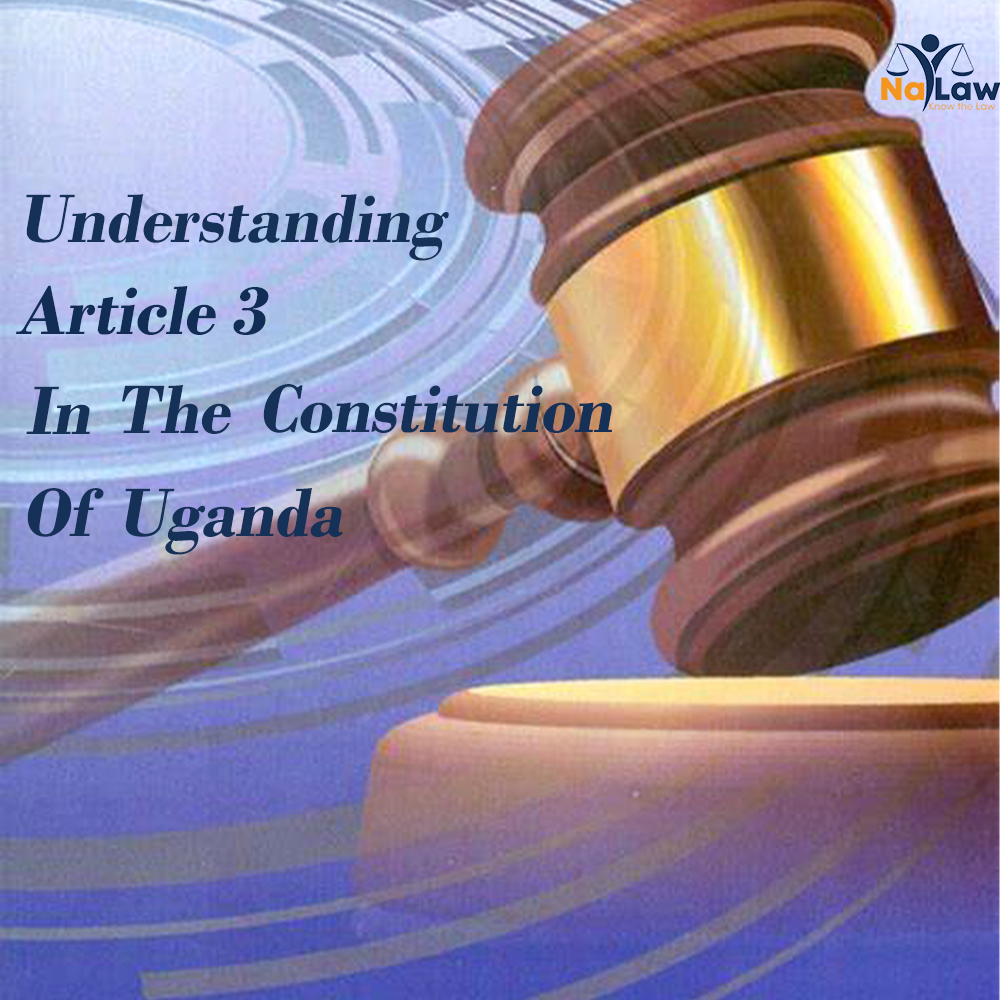
By Sarah Kekimuri
In 1995, Uganda adopted its Constitution, which is the foundation of its democracy. A constitution enshrines fundamental rights, establishes government structures, and defines the country’s principles. However, comprehending a legal document isn’t always simple, particularly when it comes to the sections on protecting the Constitution. With the help of this article, every citizen will be able to understand Article 3 of the constitution of Uganda, be empowered to contribute to its protection, and understand its importance.
Article 3 begins by stating unequivocally that no individual or organization may take or maintain power in Uganda outside of the parameters specified by the Constitution. This means that it is forbidden to use force, coercion, or manipulation in any attempt to topple the government. This clause ensures that power transfers only take place through recognized democratic channels, acting as a deterrent to takeovers and coups.
The article defines treason as any act intended to suspend, overturn, or amend the Constitution by illegal methods, further bolstering this protection. This covers things like trying to dissolve Parliament, encouraging violence against the government, or enforceable altering of the Constitution. Because these actions are illegal, they function as a potent disincentive to anyone considering subverting the country’s legal system.
Article 3 underlines how permanent the Constitution is, even in the sad event that it is disrupted by an illegally created administration. It states that even in the event of such disruptions, the Constitution is still in effect. This is a potent reminder that the nation’s legal system, which is its real foundation, endures despite fleeting setbacks.
The Constitution’s provisions for restoring democratic order take effect once the people reclaim their freedom. Legal repercussions for the interruption’s perpetrators guarantee accountability and discourage similar attempts in the future. A vital first step towards recovery and reconstruction is placing a strong focus on justice.
The duty to protect the Constitution is not limited to institutions; it is a responsibility shared by all citizens. Every Ugandan has the obligation and right to protect the Constitution according to Article 3. This entails peacefully opposing any attempt to topple the current order and, if it has been suspended or altered in violation of the constitution, striving to restore it.
This is not just passive acceptance; this is active involvement. It inspires citizens to hold their leaders responsible for upholding the Constitution, take part in lawful protests, and have intelligent conversations. Through accepting this duty, citizens turn into proactive protectors of their democracy.
The article also guarantees residents that anyone or any group upholding the Constitution following its provisions won’t be prosecuted. As a result, people who exercise their right to defend the Constitution are no longer afraid of retaliation. It creates a forum for free speech and dissent by guaranteeing the protection of nonviolent acts of resistance and calls for the preservation of the Constitution.
In addition, once the Constitution is reinstated, any punishment meted out for upholding it during an illegal government is nullified. This clause defends the nation’s legal system and ensures justice for those who put their lives in danger to keep it that way.
Article 3 acknowledges the value of educating the people about the Constitution in addition to defining individual rights and responsibilities. The state pledges to translate the text into Ugandan languages, distribute it extensively, and integrate its lessons into training and educational facilities. By ensuring that the public has access to and understanding of the Constitution, this multifaceted approach enables citizens to actively engage in its defense.
The media’s regular broadcasting and publishing of content about the Constitution is essential. Publications such as newspapers, radio shows, and social media sites can be used to inform people about their constitutionally guaranteed rights and obligations. Constant participation encourages thoughtful dialogue and gives people the ability to hold their leaders accountable.
While knowing the Constitution is important, real empowerment comes from applying what you’ve learned to real-world situations. People can: Talk about current affairs and how they relate to the Constitution in well-informed conversations. Engage in civic endeavors that advance human rights and democracy.
This is also through their ability to hold their elected representatives responsible for preserving the ideals of the Constitution and by assisting groups in educating the public about the Constitution and upholding its principles.
By doing these things, people become active players in preserving their democracy instead of just being passive onlookers.
In conclusion, Uganda’s Constitution embodies the country’s objectives for a peaceful, just, and democratic society; it is more than merely a legal instrument. Its defense is not only a civic duty but also a common privilege among all citizens. By being aware of their obligations under Article 3, taking an active part in public conversation, and holding themselves accountable.
